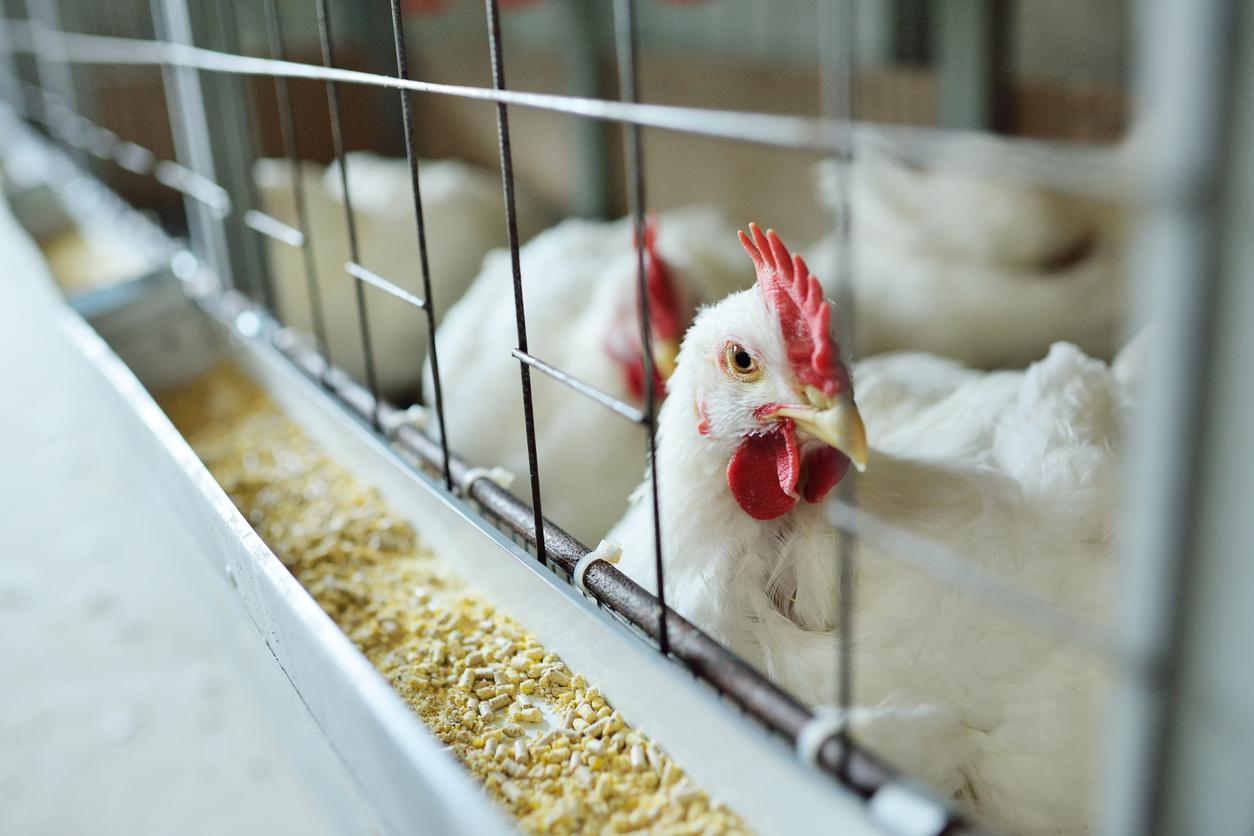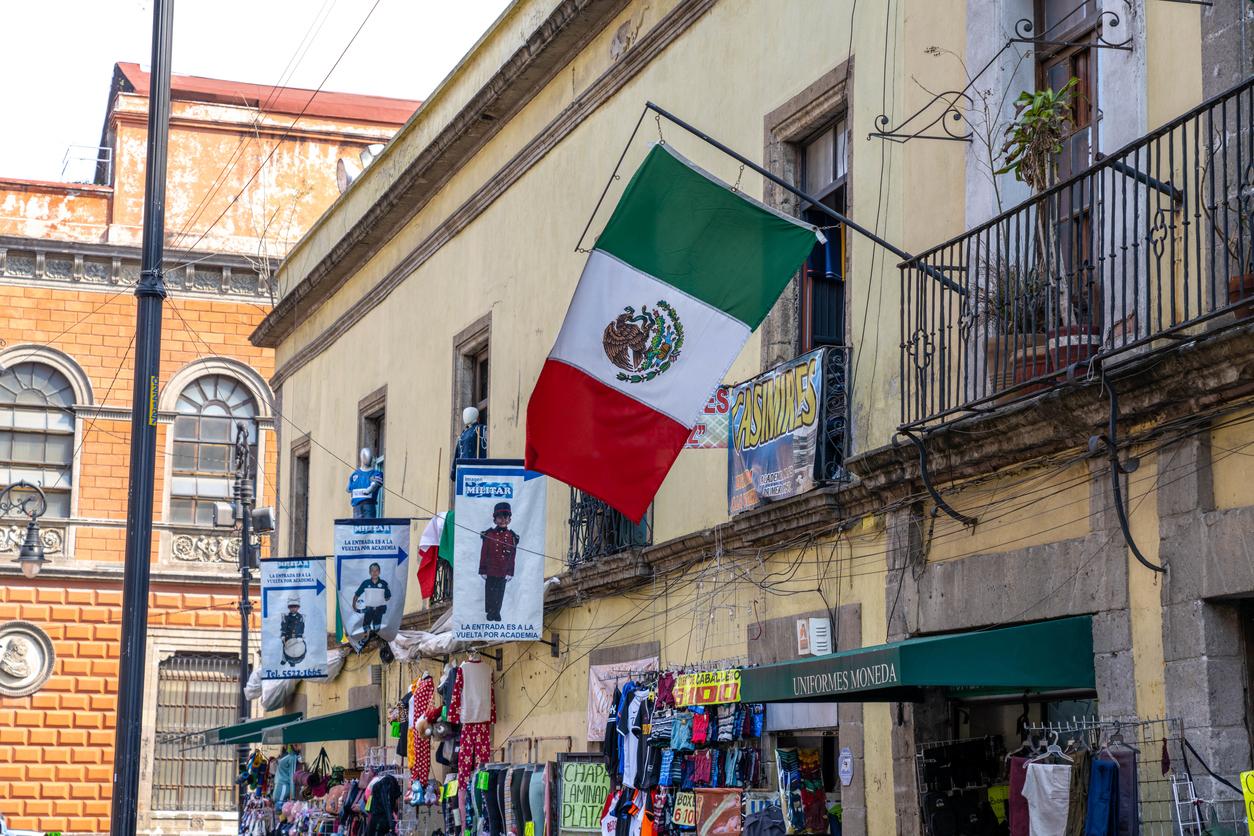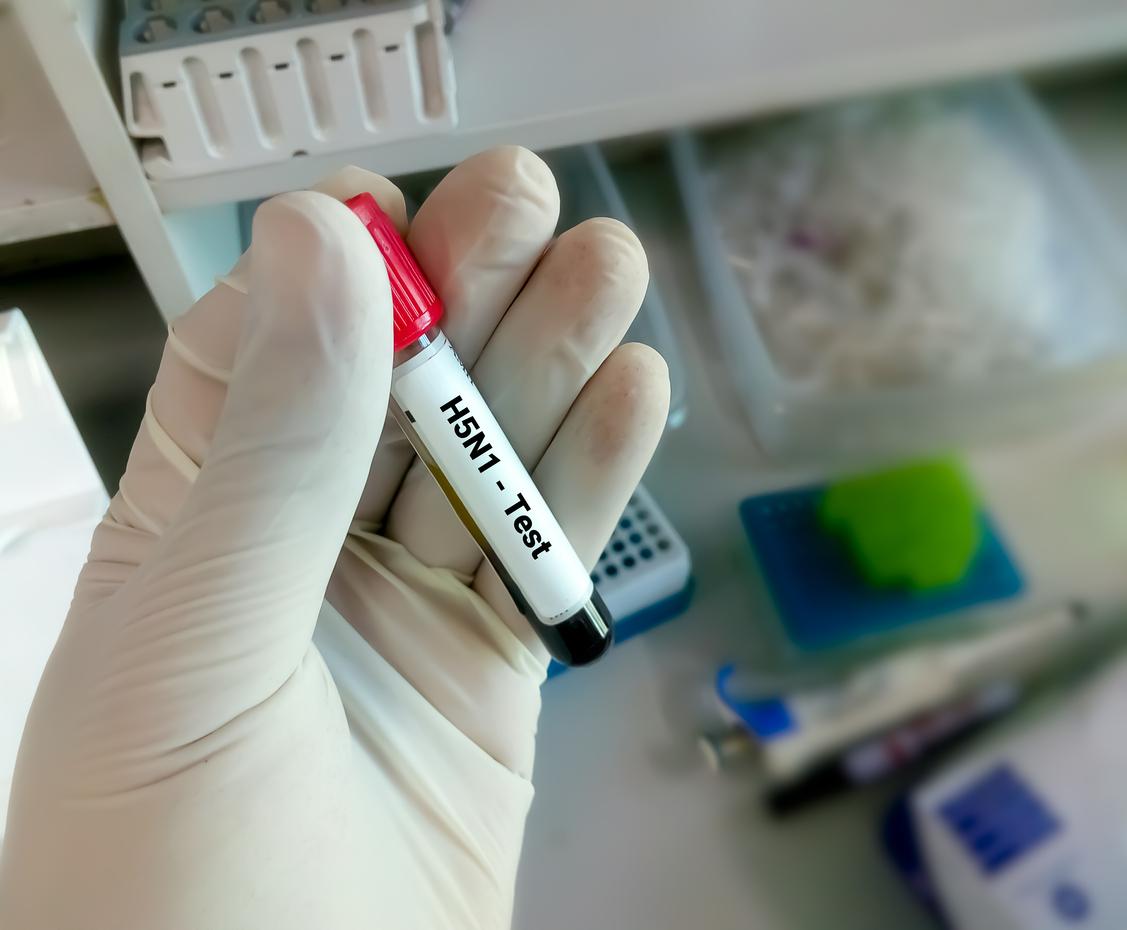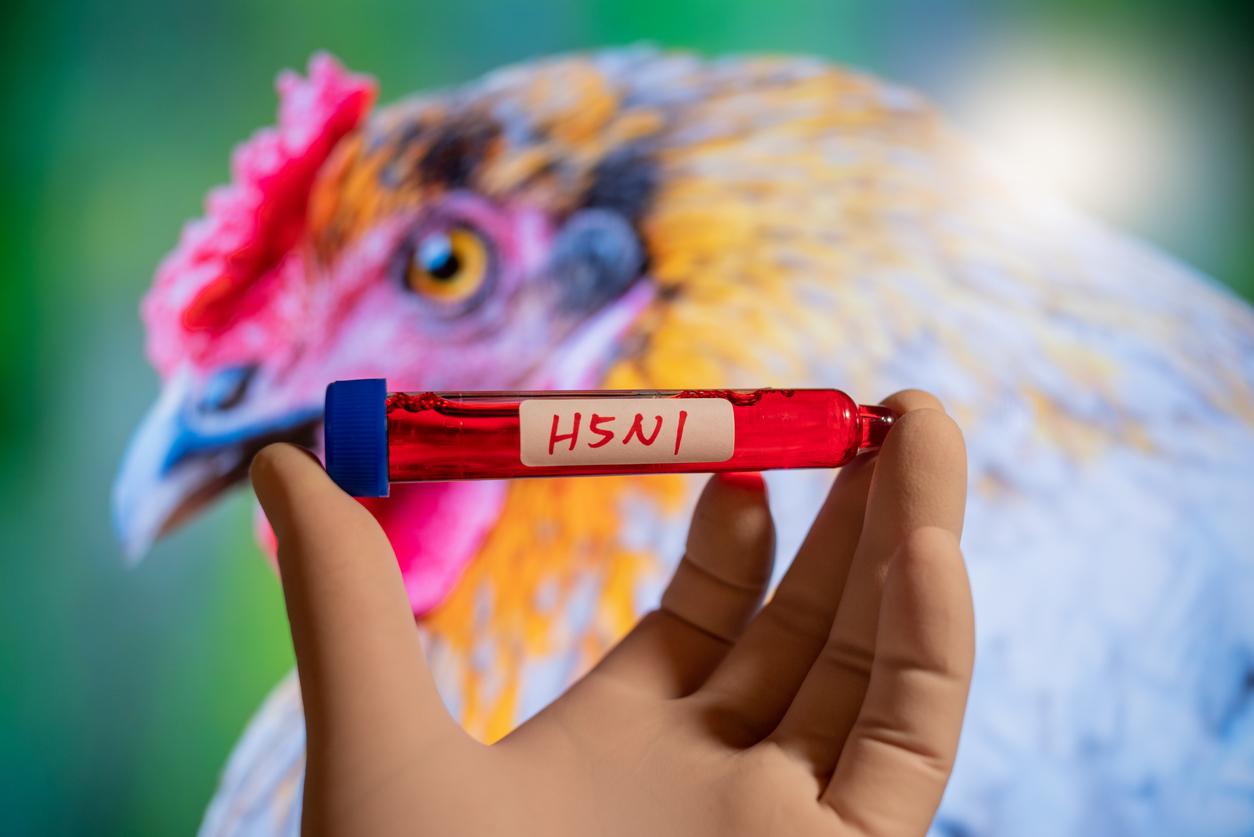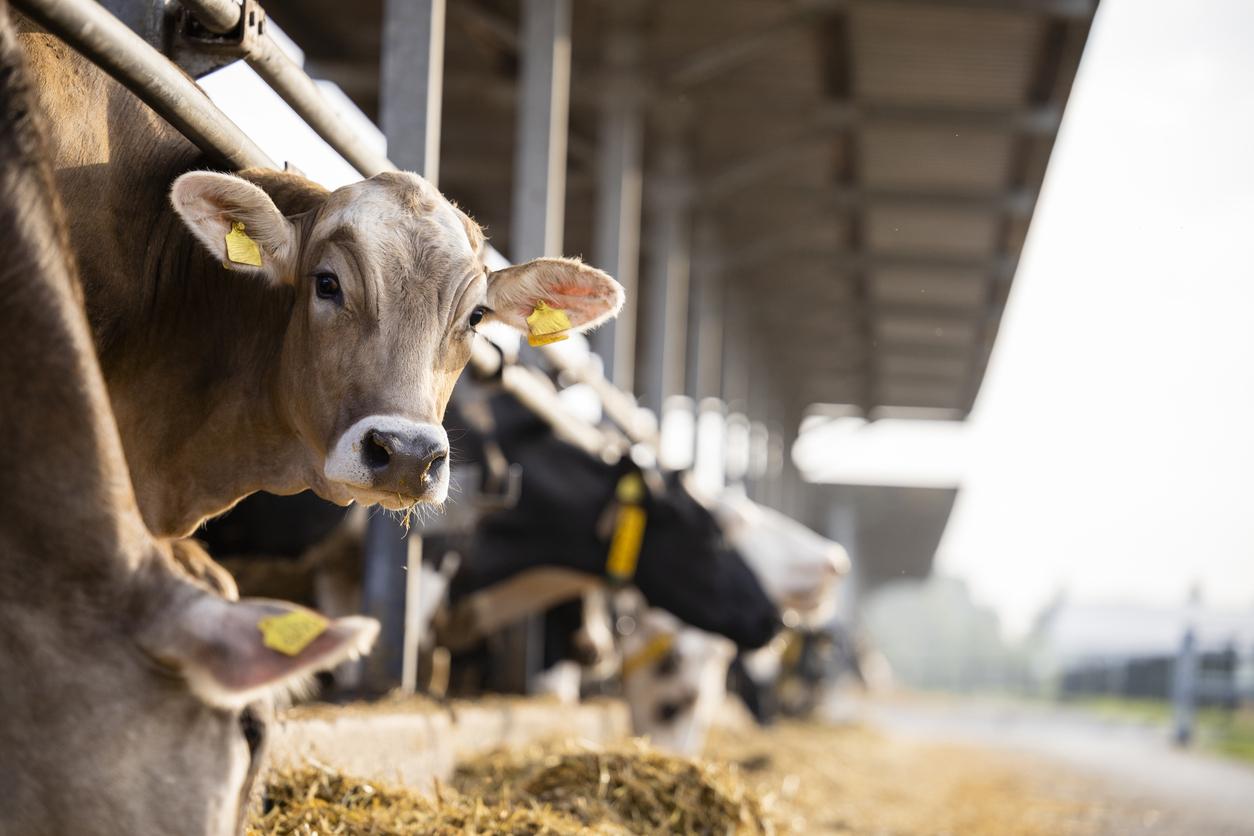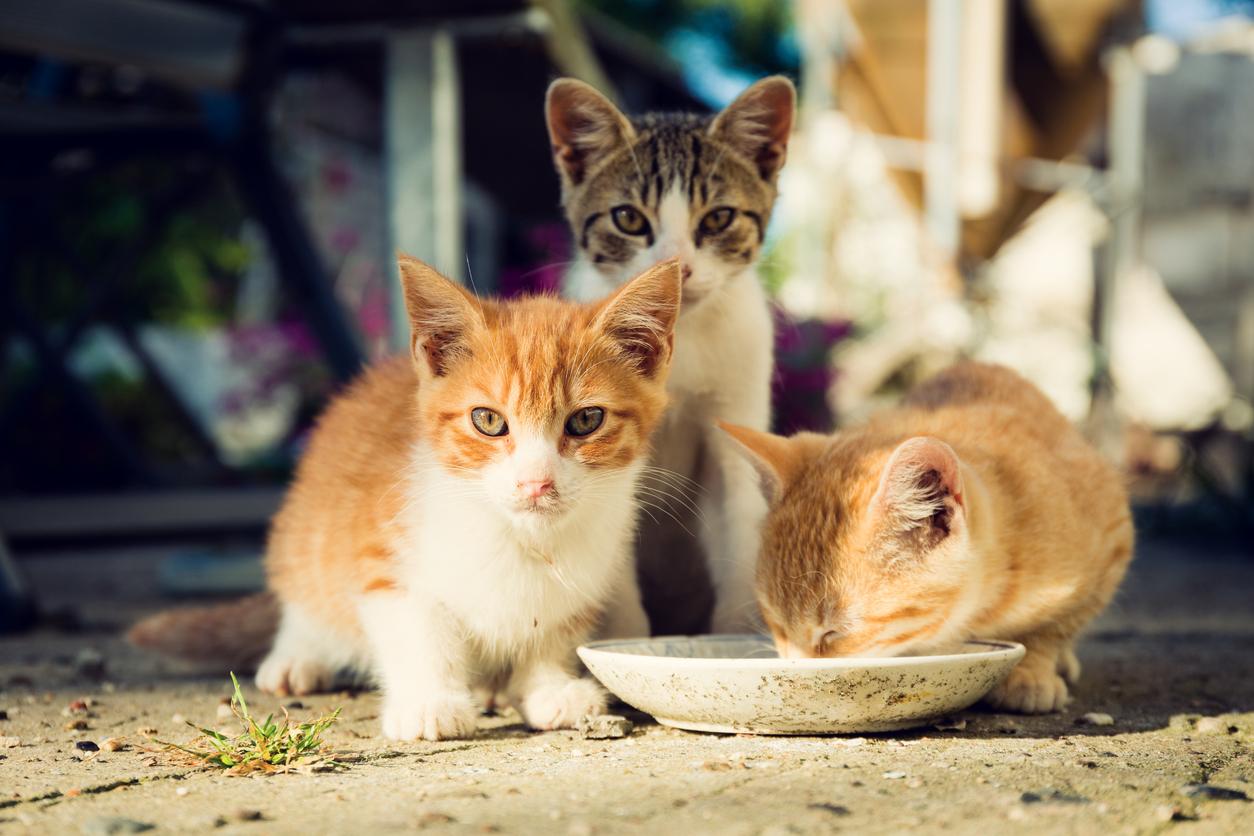WHO reports 15 new cases of avian influenza A (H7N9) virus infection in China and calls for vigilance.

In China, 15 new cases of bird flu have been reported. In a press release, the World Health Organization details these new cases which occurred between March 27 and April 11, 2017. Among them, three are women. The median age is 58 (the range is 39 to 81).
This is the first time that a case of human infection with the avian influenza A (H7N9) virus has been reported in Gansu province and the first time that a case of human infection with the influenza virus avian A (H7N9) is reported in Tianjin during the fifth epidemic wave (two cases were previously reported to WHO in July 2016).
Poultry markets
“At the time of notification, for the 11 cases for which status information is available, there were two deaths and eight were diagnosed with pneumonia or severe pneumonia; one case was mild, ”says the WHO. Exposure to poultry or live poultry markets was reported for 12 cases and one was exposed to live poultry sold by street vendors.
A total of 1393 laboratory-confirmed cases of human infection with avian influenza A (H7N9) virus have so far been reported since the start of 2013. In view of the increase in the number of cases of infection human rights since December 2016, Chinese national and local authorities have taken new measures.
Strengthen control measures
They therefore decided to strengthen control measures, with the emphasis placed on hygiene management in live poultry markets and interregional transport.
The authorities ask all provinces to remain vigilant and apply all control and prevention measures (guidance and advice to epidemic areas to strengthen control and prevention, communication on the risk to the general public and dissemination of information on protective measures to be taken at individual level).
“The number of cases of human infection with the avian influenza virus during the fifth epidemic wave (ie since October 1, 2016) is greater than those reported in previous waves”, specifies the WHO .
Avoid poultry farms
WHO advises travelers to countries with outbreaks of avian influenza to avoid visiting poultry farms, coming into contact with animals in live bird markets, entering areas where poultry slaughtering or touching surfaces apparently contaminated with feces from poultry or other animals may be carried out.
Travelers should also wash their hands regularly with soap and water and adhere to good food safety and food hygiene practices. The WHO, however, does not recommend specific screening at points of entry, or restrictions on travel or trade related to this event.
.











